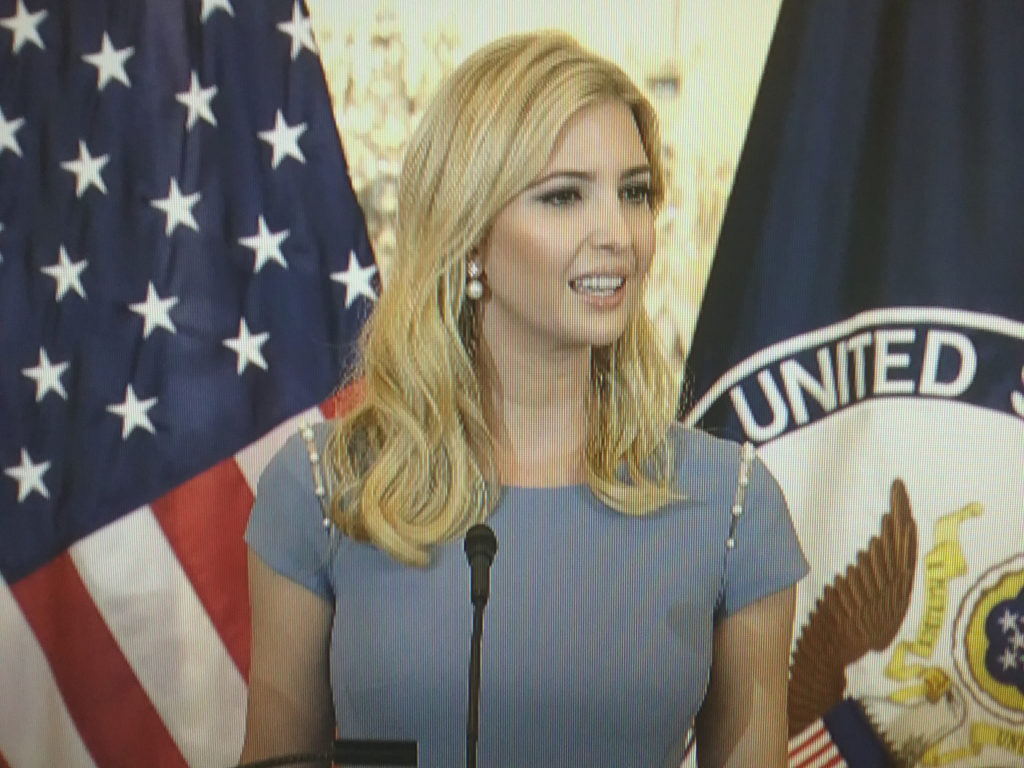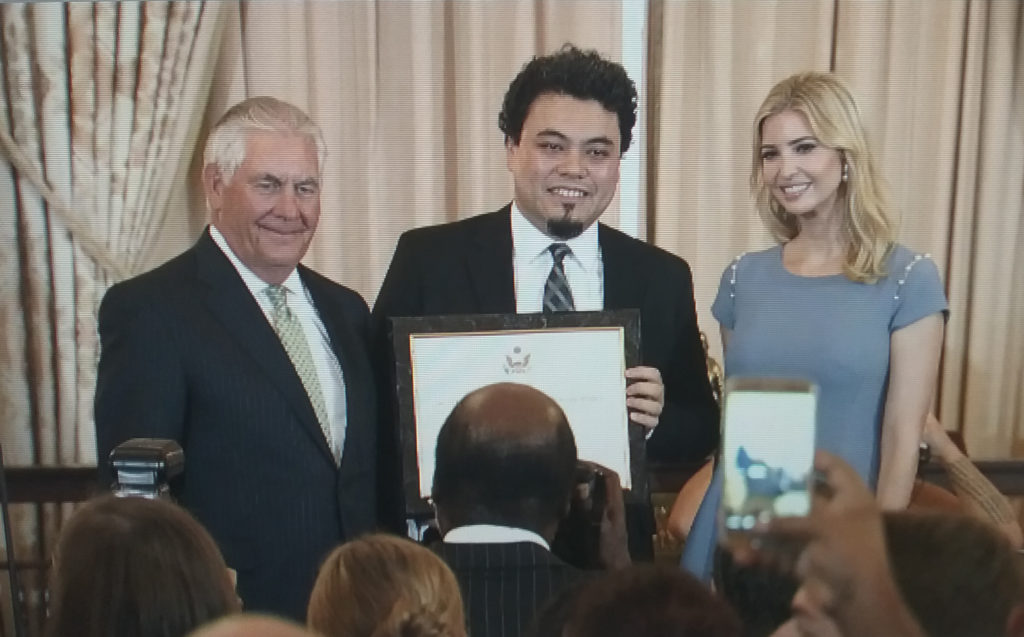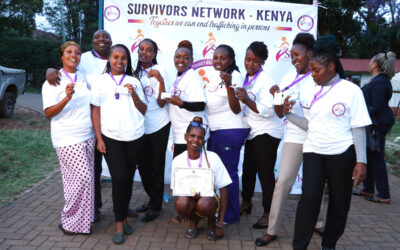U.S. Secretary of State Rex Tillerson says the 2017 Trafficking in Persons Report illustrates “the commitment of our country that we have this joint effort underway across the entire United States government” to combat modern slavery. “Human trafficking is as old as humankind, regrettably” Tillerson said. “It is our hope that the 21st century will be the last century of human trafficking, and that is what we are all committed to.”
Tillerson’s comments came as he unveiled the report at the State Dept. in Washington. It comes five weeks after President Trump proposed major cutbacks in federal spending for anti-trafficking programs.
“The Trafficking in Persons Report is the U.S. government’s principal diplomatic tool to engage foreign governments on human trafficking,” according to the State Dept. “It is also the world’s most comprehensive resource of governmental anti-human trafficking efforts and reflects the U.S. government’s commitment to global leadership on this key human rights and law enforcement issue. It represents an updated, global look at the nature and scope of trafficking in persons and the broad range of government actions to confront and eliminate it.”
The report evaluates governmental response to human trafficking onto three “tiers,” with Tier 1 being the best and Tier 3 being the worst. Tillerson singled out North Korea and China in his remarks. North Korea has been on Tier 3 for years, and this year China was downgraded to Tier 3. “North Korea,” Tillerson said, “depends on forced labor to generate illicit sources of revenue.”
Tillerson noted that combating trafficking is a national security priority because trafficking rings destabilize countries. “It breeds corruption, undermines rule of law, it erodes the core values that underpin a civil society,” he said.

Presidential Adviser Ivanka Trump also spoke at the event, introducing this year’s “TIP Heroes,” who are activists that have demonstrated remarkable resolve and accomplishment. She called human trafficking an “ugly stain on civilization,” and said ending it is a “major foreign policy priority for the Trump administration.”
“Combating this crime here in the United States as well as around the globe is in both our moral and our strategic interest,” she said.
Despite today’s verbal commitments, the Trump administration has actually proposed cutting back America’s anti-trafficking spending.
“Fine speeches Tuesday by Secretary of State Rex Tillerson and Presidential Adviser Ivanka Trump during the release of this year’s report must be matched by deeds,” says FTS Executive Director Maurice Middleberg. “President Trump has promised to devote more resources to the anti-slavery cause. But the president’s budget does not include an allocation for the Program to End Modern Slavery. The budget terminates grants offered by the International Labor Affairs Bureau at the Labor Department, which help end child and forced labor. The State Department and U.S. Agency for International Development, which both combat trafficking and its root causes through their many programs, are facing radical budget reductions,” Middleberg notes.
“Even in periods of ferocious partisanship and bitter divisions, human trafficking has been one of the few issues on which there has been near universal agreement, without regard to party or ideology. Presidents and members of Congress of both parties have, for many years, demonstrated leadership and shared an agenda for eradicating slavery. That fine tradition should be sustained,” Middleberg says.
Neither Tillerson nor Trump commented at today’s event about proposed cuts to trafficking program budgets. Tillerson actually touted one program that the Trump budget fails to fund.
“The Program to End Modern Slavery will increase funding for prosecution, protection and prevention efforts to reduce the occurrence of modern slavery wherever it is most prevalent,” Tillerson said. “The program will fund “transformational programs but also set about to raise commitments of $1.5 billion in support from other governments and private donors while developing the capacity of foreign governments and civil society to end modern slavery in their own countries.”
The countries in which FTS conducts field programs received a range of tier rankings in this year’s report. Haiti received an upgrade, while Congo was downgraded.
- Tier 2: India & Nepal. Tier 2 definition: Countries whose governments do not fully meet the Trafficking victim Protection Act minimum standards, but are making significant efforts to meet those standards
- Tier 2 Watch List: Haiti, Ghana, Senegal. Tier 2 Watch List definition: Countries whose governments do not fully meet the TVPA’s minimum standards, but are making significant efforts to meet those standards AND: a) The absolute number of victims of severe forms of trafficking is very significant or is significantly increasing; b) There is a failure to provide evidence of increasing efforts to combat severe forms of trafficking in persons from the previous year, including increased investigations, prosecutions and convictions of trafficking crimes, increased assistance to victims, and decreasing evidence of complicity in severe forms of trafficking by government officials; or c) The determination that a country is making significant efforts to meet the minimum standards was based on commitments by the country to take additional future steps over the next year.
- Tier 3: Congo. Tier 3 definitions: Countries whose governments do not fully meet the minimum standards and are not making significant efforts to do so.

A Free the Slaves Freedom Award winner and the head of a former FTS partner organization in Brazil, Leonardo Sakamoto, was honored this year as one of the TIP Heroes. His citation: “In recognition of his unwavering resolve to find and expose instances of forced labor, his commitment to raising awareness among vulnerable communities and within the private sector, and his vital role in ensuring progress in government efforts to prevent human trafficking in Brazil.” See Sakamoto’s team at work in our short documentary: Partners in Action.
Partners in Action Fight Slavery in Brazil from Free the Slaves on Vimeo.



